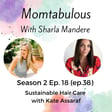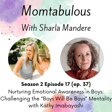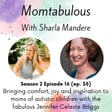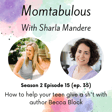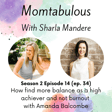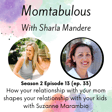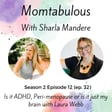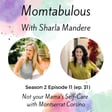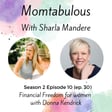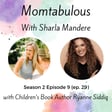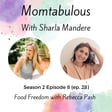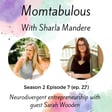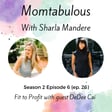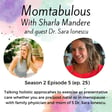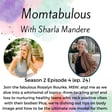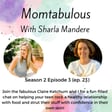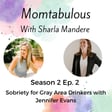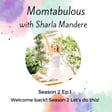
From Decision Fatigue to Decision Fit
Do you feel like you're drowning in decision overwhelm? Mom-exhausted by 5pm, and you still need to feed, bathe, help with homework, drive to sports and get the kids to bed? Maybe this leads to another decision - make dinner or door dash and crash on the couch at 8pm watching Survivor?
The average adult makes over 35,000 decisions a day, and when you add "Mom" to that - watch out! No wonder we are exhausted!
Tune in as Amy Day,mom of 3, decision making queen, and CEO of Clarity 4 Action and I talk about how to make decisions with ease and teach our kids to do the same so when they are up against a major choice as teens/young adults, they are confident decision making dynamos!
Find Amy here - clarity4action.org
Free download - https://clarity4action.org/what-we-teach/
